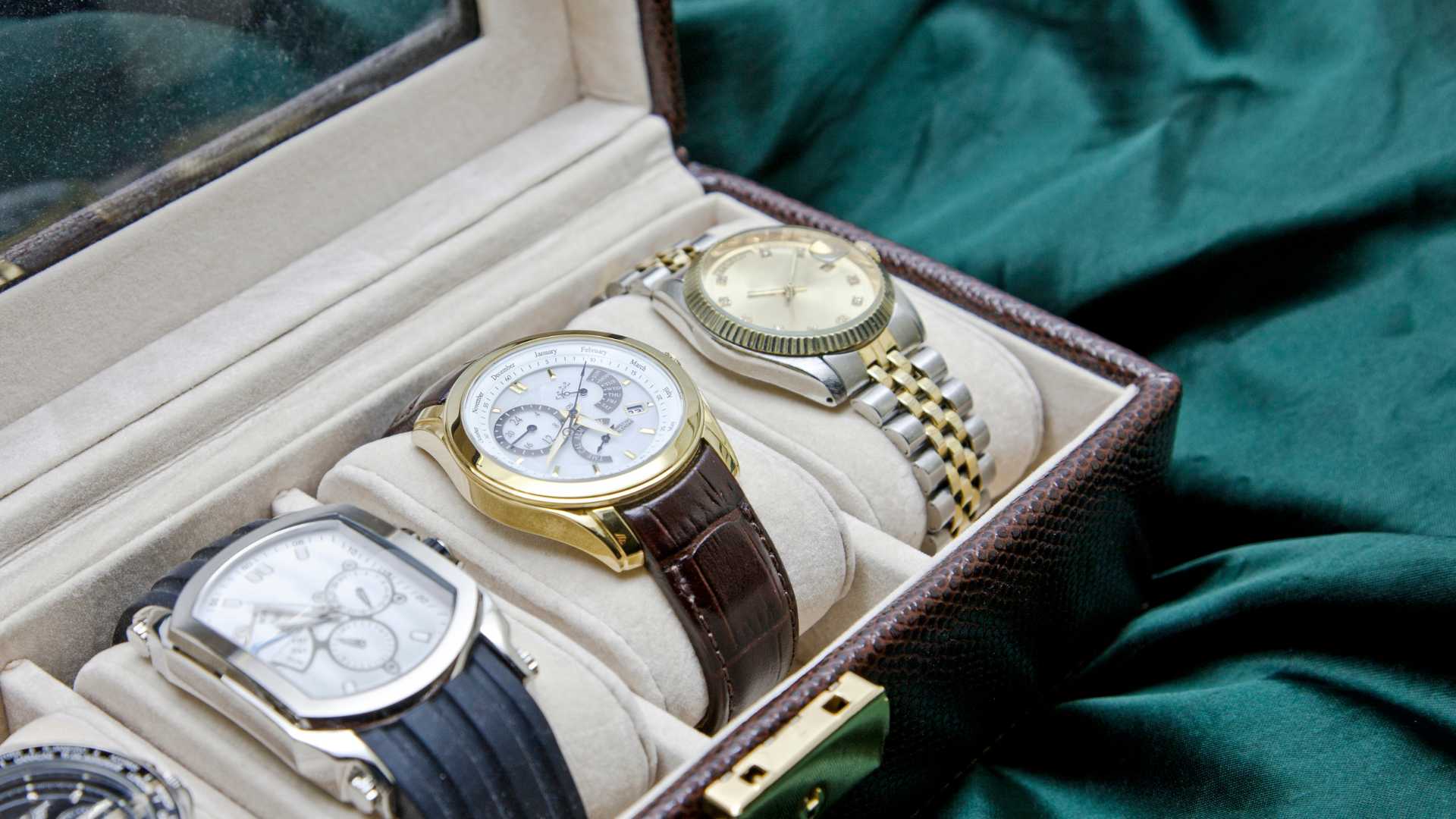532: Pejman Ghadimi – A New Paradigm for Buying Nice Stuff

Podcast: Download
A few years back, I bought some very expensive sports coats. I wore them at first and enjoyed them. But over time, they kind of lost their luster.
As I have found often to be the case in my life, I don’t tend to care that much about fancy stuff—fancy jackets, fancy shoes. My true self regresses to a fairly simple jeans and flannel circa 1992 style—not expensive.
Realizing that these fancy clothes were just rotting in my closet, I recently sold them on a well-known second-hand site with only designer stuff. And I was shocked when I realized I was only getting 10 cents on the dollar for what I paid!
But then again, I guess I shouldn’t have been. Buying new fancy clothes has an extremely low likelihood of being a good investment. It reminded me of my good friend in town here who’s made millions of dollars in his life. He only buys nice stuff. But he almost never buys new things.
The furniture in his house is incredible. Hundreds of thousands of dollars of mid-century modern gems. And he buys vintage cars rather than new supercars off the lot. He also has a 7-figure collection of rare watches. It’s all really nice stuff.
The difference between what he is doing and what I did with those clothes is that he was investing while I was spending. While he’s bought millions of dollars of cars and watches, he’s always made money with them because he has focused on their future value.
Maybe I’m a bit dense, but I never thought about stuff this way before meeting him. And I still have to remind myself of this paradigm. It’s a different way to look at luxury and one that is certainly smarter when it comes to your pocketbook.
My guest on today’s Wealth Formula Podcast teaches people how to live this kind of lifestyle with cars and watches. I’ve interviewed him before, and I’m doing so again because so many of you have engaged in this way of buying nice stuff that I get regular requests to have him back on the show.
 Send Buck a voice message!
Send Buck a voice message!



